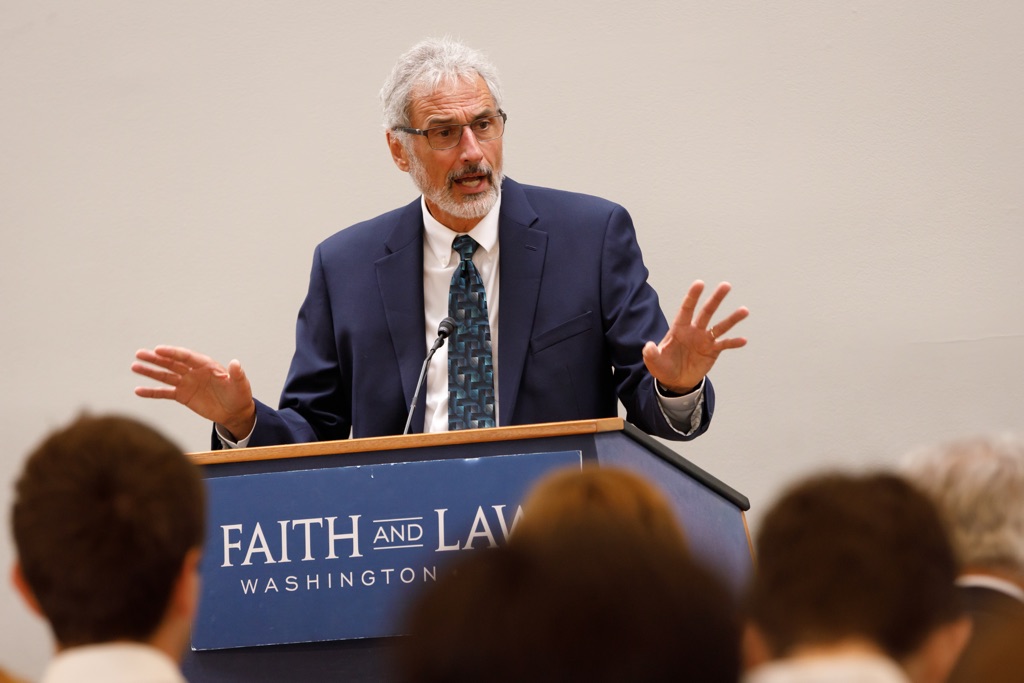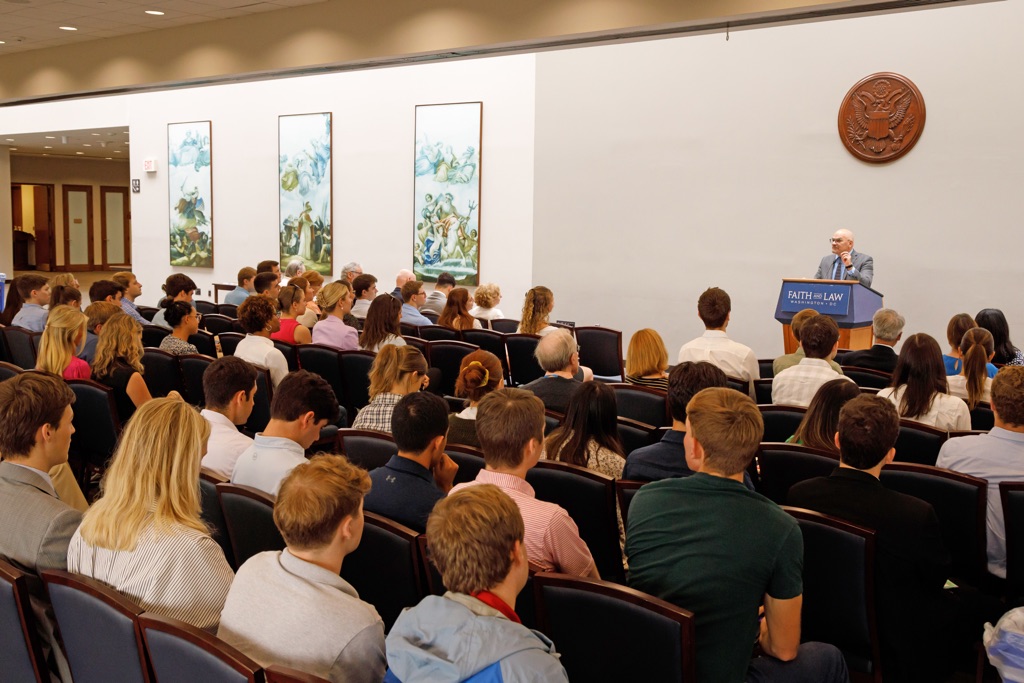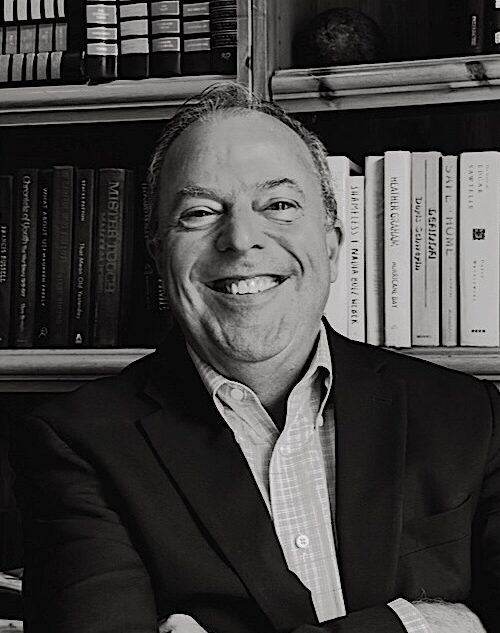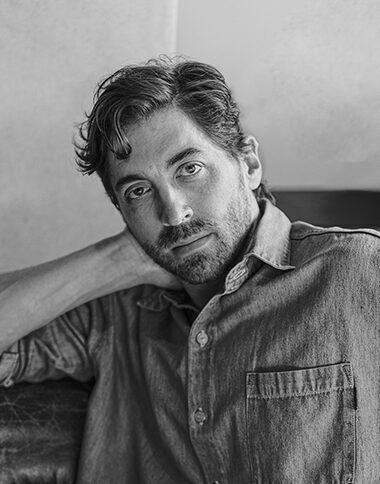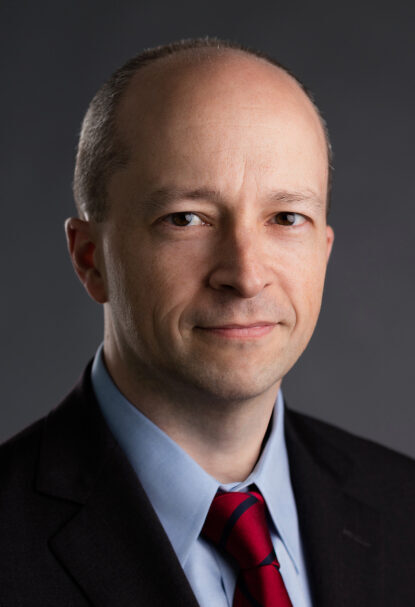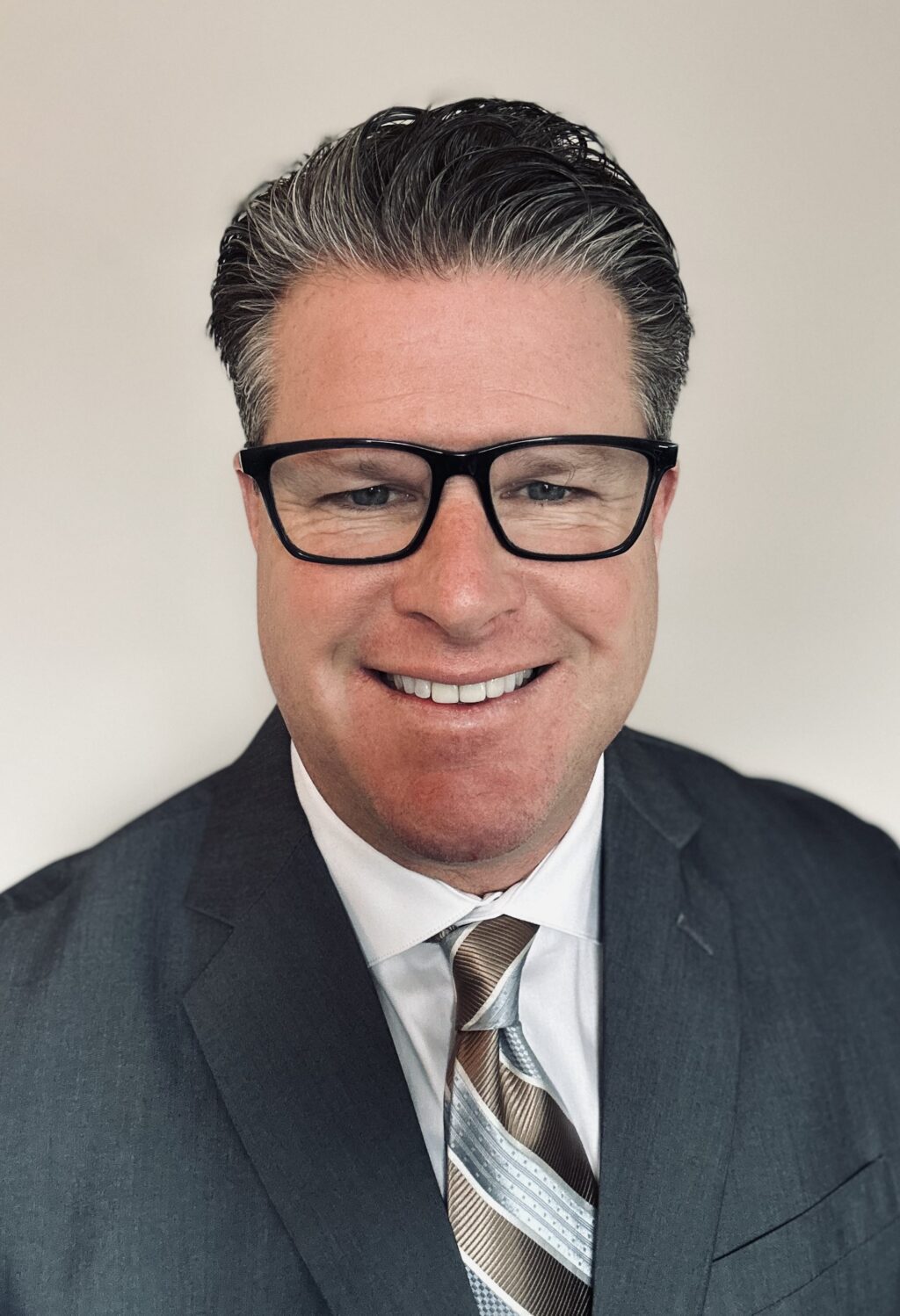


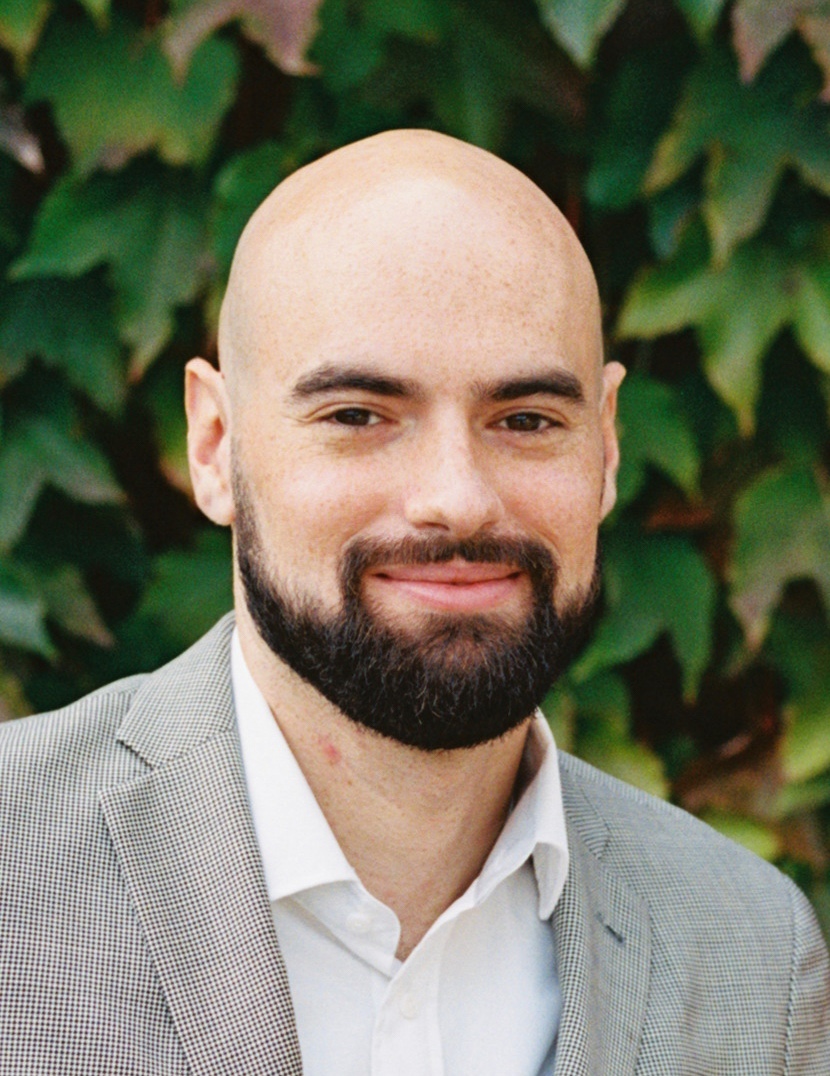

Understanding Violent Crime and the Policy Responses
Deadly violence dishonors the innate, God-given dignity of all people and brings grave loss to families and communities. Policymakers on Capitol Hill and in the states should act to pass criminal justice reforms that prioritize violence reduction, proportional punishment, and rehabilitation.
Chelsea Friske (moderator) serves Prison Fellowship’s advocacy team as the Director of Policy and Operations. She oversees the tracking of criminal justice trends at the state and federal levels, the creation of technical writing pieces in support of justice reform campaigns, and the production of resources and events that raise the profile of values-based criminal justice reform.
Friske is a graduate of the University of South Carolina School of Law and Bay Path College, where she studied criminal justice and psychology, with a research focus on the experience of children in the courtroom and the treatment of those convicted of sex offenses. She completed internships in probation and police departments during college and gained experience in the U.S. Attorney’s Office and Commonwealth Attorney’s Office during and after law school. Friske resides in Roanoke, VA.
Marc Krupanski currently serves as director of criminal justice policy at Arnold Ventures, a national philanthropy focused on building a rigorous evidence base for policy and helping make that policy a reality. In this role he directs strategy and portfolio development related to public safety and policing.
Marc has over two decades of experience in policing, criminal justice, and security sector-focused work both domestically and internationally. Marc began his journey in criminal justice issues as a 13-year-old active in his evangelical church’s youth group, focusing on the death penalty as well as growing up with a family in law enforcement and the military.
Marc’s work on policing and security has been featured in outlets such as The New York Times, The Hill, Stat News, the Journal of Community Safety and Well-Being, the National Defense University, and MIT Press, among others. Marc received his master’s degree in international studies and in international history and politics from the Graduate Institute of International and Development Studies (Geneva, Switzerland) and his bachelor’s degree, with honors, in history and Latin American studies from New York University.
Bill Murray started his career with the Camden County Sheriff’s Department, where he served as a correction officer between 1988-1991. After graduating from the Camden County Police Academy in 1991, Murray served as the class president. As a police officer, Murray worked in patrol for the Camden City Police Department before being promoted to detective and assigned to the Narcotics Division. Following his promotion to the position of Sergeant, Murray was assigned to patrol, community policing, narcotics investigation, and training. Over the course of 15 years, Murray served as a team leader on the Camden City Police SWAT team. Besides firearms instruction, Murray teaches defensive tactics, ICAT, use of force and fair and impartial policing.
He is regarded as an expert in the use of force, de-escalation, and crisis intervention throughout the country. Among the most notable experiences was working with the Chicago Police Department for four months as a member of the quality control team for ICAT Training, department wide. It is because of Murray’s national reputation and 33 years of experience he is recognized at the state and federal level as an expert witness in cases involving police use of force and critical incidents.
Jason Olin serves as the State Affairs Manager for criminal justice at the Niskanen Center. He is responsible for advancing the Niskanen Center’s criminal justice policy agenda in state capitals throughout the United States. Before joining the Niskanen Center, Jason was the Director of Government Relations for the Major Cities Chiefs Association (MCCA), where he developed and implemented robust government affairs strategies to help the MCCA navigate some of the most pressing policy issues related to public safety and policing, such as police reform, criminal justice reform, violent crime, and data privacy. He also served on the staff of the U.S. House of Representatives Committee on Homeland Security for 5+ years. A native of New York, Jason graduated summa cum laude, with special honors, from The George Washington University’s Elliott School of International Affairs, where he was a member of the University Honors Program.
Heather Rice-Minus is the president and CEO of Prison Fellowship. Heather first joined Prison Fellowship in 2013, and in her most recent role of executive vice president, she led teams that build partnerships with churches, help strengthen relationships between incarcerated parents and their children, foster partnerships with donors at every level, and advocate for restorative criminal justice reform. In a previous role as the head of Prison Fellowship’s advocacy team, she was a leading voice behind the passage of the FIRST STEP Act.
A sought-after public speaker on the intersection of faith, justice, and incarceration, Heather has addressed audiences at national conferences and events including Wilberforce Weekend, Q Ideas Conference, and more. She has also contributed to Christianity Today, Slate, CBN News, The Marshall Project, PBS’ Religion & Ethics NewsWeekly, and many other media outlets.
Previously, Heather managed prison reform advocacy efforts at the National Religious Campaign Against Torture and taught English in East Africa.
She graduated cum laude from Colorado State University with a degree in liberal arts and social work. After earning her J.D. from George Mason University’s Antonin Scalia Law School, she became a member of the Virginia State Bar, a member of the American Enterprise Institute’s Leadership Network and Faith & Public Life Ideas Council, and a Colson Fellow.
Faith and Law is a non-profit ministry started by policy makers and for policy makers.



